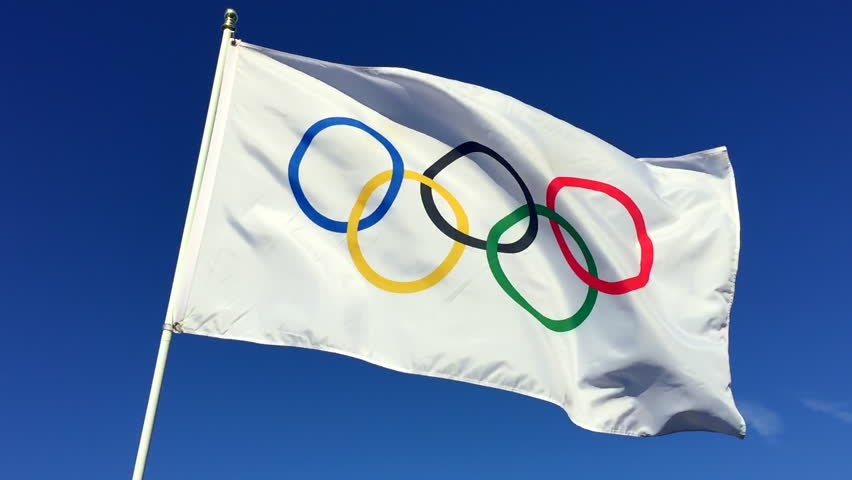
To celebrate the winter Olympics, this week’s nutrition tip will be about what Olympic athletes eat to optimize their performance. According to Belluz (2018), having very specific nutrition habits can help give athletes “an edge.” This means that “the art of feeding athletes has become extraordinarily fine-tuned, calibrated daily to their workouts and competitions” (Belluz, 2018, para. 5).
Sports dietitians work hard to make sure athletes have sufficient energy to compete in their events. Different sports have different energy needs. In a recent Vox article, Belluz (2018) showed that figure skaters need between 1800 to 3000 calories, whereas hockey players must eat between 2800 to 4000 calories per day. Sports dietitians need to measure how much energy athletes consume while training (i.e. how hard they train), and how heavy or light they need to be for the competition. For example, figure skaters need to ensure they are light enough to jump across the ice, so they may weigh a couple pounds lighter prior to competition (Belluz, 2018). On the other hand, athletes who participate in sports with very high energy expenditure (i.e. cross-country skiers) will need to consume more calories per day compared to figure skaters.
Despite the differences in the amount of calories consumed, it’s important to remember that athletes’ diets are composed of clean and nutrient-dense foods - lots of protein, fruits, and vegetables. The type of calories athletes consume depends on the kind of sport they specialize in. If athletes need to do a lot of strength training such as weightlifting, they will need to increase their protein needs. Meanwhile, “athletes who need a lot of cardiovascular work such as cross-country skiers will need a lot of carbohydrates in order to maximize the glycogen and energy stores leading into their event” (Belluz, 2018, para. 18).
This gives you a glimpse on what it’s like to be a sports dietitian and how many factors sports dietitians have to consider when creating nutrition plans for athletes. You can talk to a sports dietitian if you think you need this specialized help to improve your sports performance.
Nutrition tip provided by Registered Dietitian and Sports Dietitian, Ben Sit. On top of being a Sports Dietitian, Ben previously worked as a Personal Trainer, which allows him to practically understand exercise and nutrition in combination. This combination of the world of Nutrition and Dietetics along with Physical Activity and Exercise is what makes Ben's interventions truly unique and customized.
Contact Athlete's Care at Yonge & Sheppard to book an appointment with Ben or click the here to find a Registered Dietitian near you!














